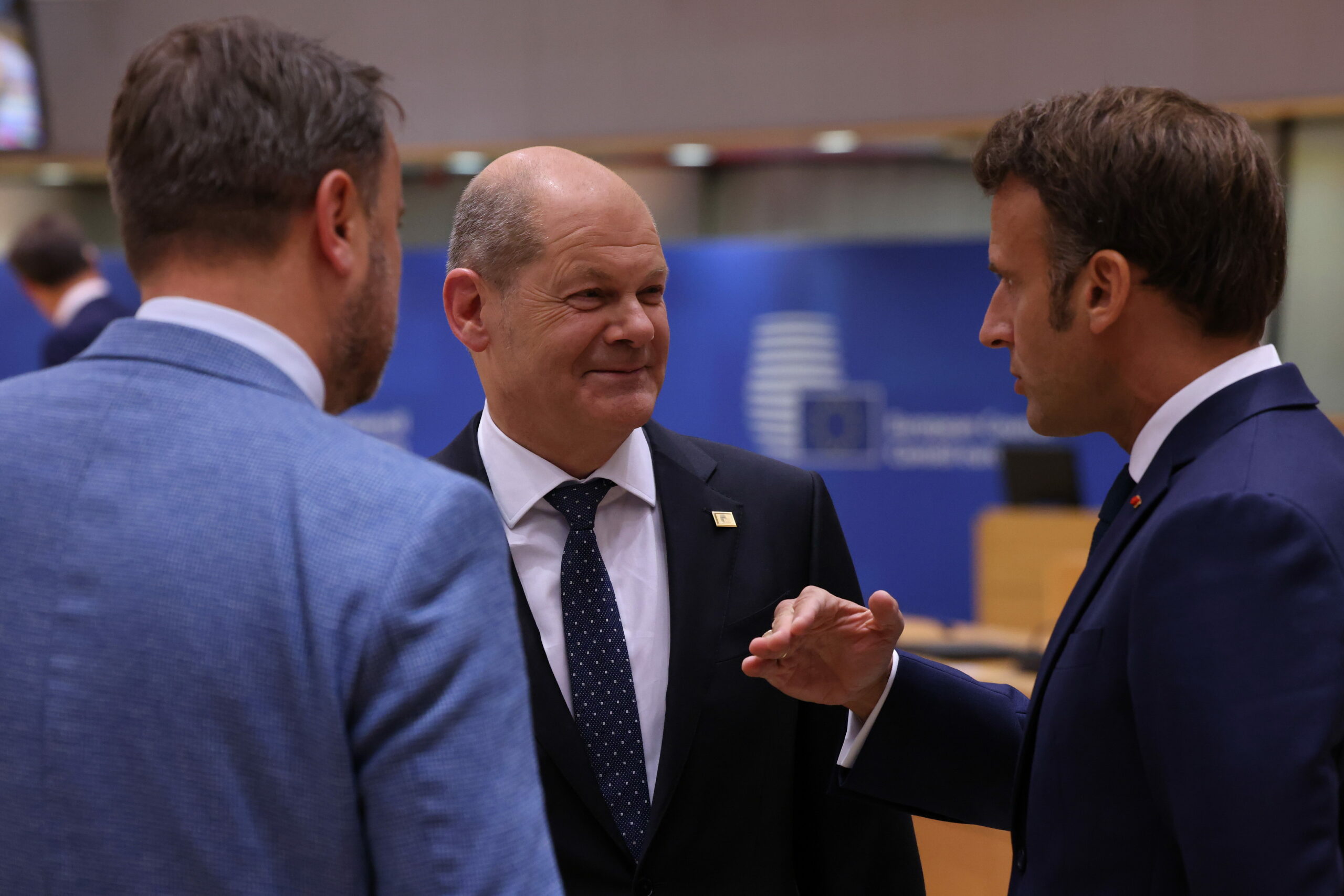All the squabbles between France and Germany on nuclear power

The member countries of the European Union cannot agree on the increase of the targets for renewables to 2030: France wants to see nuclear power recognised, but Germany opposes it
The member countries of the European Union have postponed a decision on increasing the share of renewable sources in the electricity mix – an increase designed to help achieve the emission reduction targets for 2030 – due to the disagreements between France and Germany on nuclear energy .
SWEDEN'S PROPOSAL
Basically, France would like the European Union to give nuclear power a greater role in the ecological transition. On Wednesday, Sweden – which has six reactors – then proposed to modify part of the agreement with the European Parliament on raising the targets for renewables in order to meet Paris. However, the Swedish suggestion was not welcomed by a group of countries, led by Germany.
THE NO OF THE EUROPEAN PARLIAMENT
German MEP Markus Pieper, the chief negotiator of the new European directive on renewable energy, said that Parliament opposes both the changes to the text and the reopening of negotiations. To enter into force, the directive must be approved by both the Parliament and the Council of the European Union, the expression of national governments.
According to some MPs, amending the law to please France could create a dangerous precedent, because it would place the interests of individual member countries above the EU's political-strategic directions.
THE NUCLEAR CLASH BETWEEN FRANCE AND GERMANY
Germany – as reported by Bloomberg – reiterated yesterday that it wants the law on renewables to remain as it is. The country is anti-nuclear, despite producing zero-emission energy such as wind and photovoltaics, and shut down its last reactors last April.
France, by contrast, is a strong promoter of atomic energy, which it uses to generate two-thirds of its electricity. Specifically, Paris would like to modify the agreement on renewables because it is concerned about the costs of converting ammonia plants, so that they use "green" hydrogen (derived from renewable sources) instead of gas.
WHAT THE AGREEMENT ON RENEWABLES PROVIDES FOR
The directive for increasing renewable energy targets – the agreement was reached last March – provides that by 2030 these sources will cover 42.5 per cent of total energy consumption in the European Union, instead of 32 percent. In 2021 they accounted for 22 percent of the energy generated at the community level.
The agreement also establishes that by 2030 the share of renewables in energy consumption in the transport sector must be 29 percent. Industries, on the other hand, will have to increase the use of these sources by 1.6 percent every year: by 2030, 42 percent of the hydrogen they will use in their processes will have to come from renewable rather than fossil sources.
France would like to focus primarily on nuclear energy instead of wind and solar energy, both for electricity generation and for the production of hydrogen (“purple”, in jargon); but given the specific targets for renewables, the installations of these sources will have to increase.
French Finance Minister Bruno Le Maire recently declared that Paris does not intend to give up the competitive advantages of nuclear energy (clean, abundant and continuous electricity, therefore independent of storage systems) and that member countries have the right to choose their energy mix.
THE ARRANGEMENTS
Also opposing the directive on renewables are Bulgaria, Poland, the Czech Republic and Hungary, due to the targets judged too high. Among the countries opposed to nuclear power, or in any case in favor of leaving the text as it is, there are also Luxembourg, Ireland and Denmark.
This is a machine translation from Italian language of a post published on Start Magazine at the URL https://www.startmag.it/energia/francia-germania-nucleare-rinnovabili/ on Sun, 18 Jun 2023 06:15:59 +0000.
